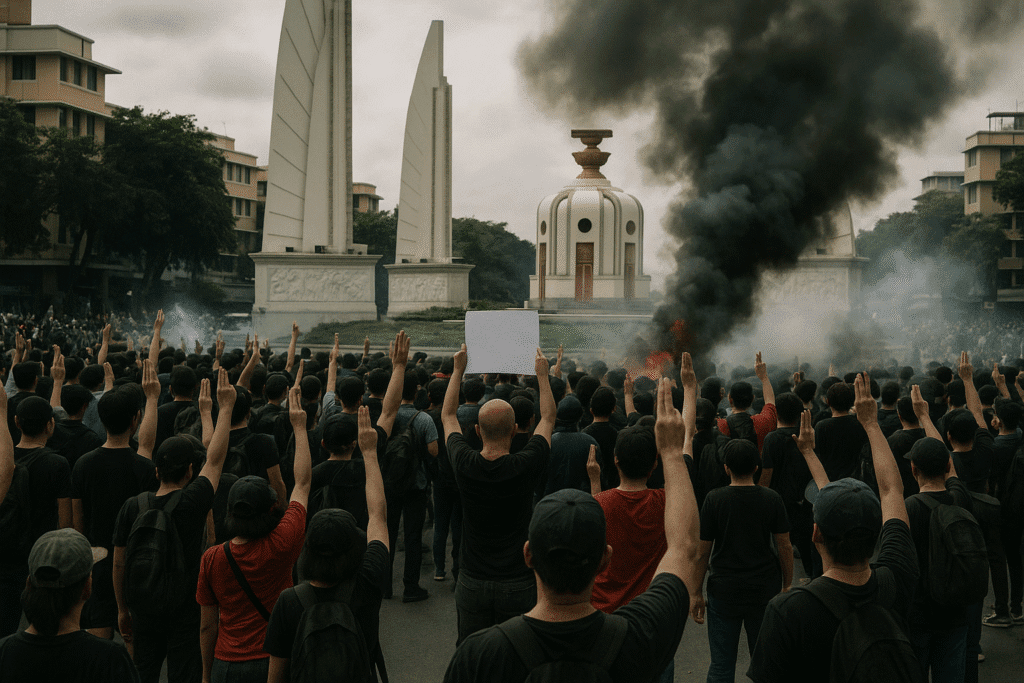On August 7, 2024, Thailand’s Constitutional Court issued a highly controversial ruling that dissolved the progressive Move Forward Party and banned its leader, Pita Limjaroenrat, from political activity for the next 10 years. The decision has ignited a wave of political turmoil, with opposition leaders accusing the court of attempting to stifle democratic reforms and diminish the growing influence of youth-led movements in the country.
The Move Forward Party had gained substantial support in the 2023 general elections, particularly among younger voters, who saw the party as a force for progressive change in Thai politics. Advocating for reduced military influence, democratic reforms, and policies focused on climate change, education, and social welfare, Move Forward represented a shift toward a more inclusive and transparent political landscape. The court’s decision followed allegations that Pita and his party violated election laws, particularly concerning campaign funding and the structure of their leadership.
The ruling has deeply divided the nation. Pro-democracy advocates have rallied in support of Move Forward, seeing the decision as an attack on their hopes for a more democratic Thailand. Many of the protests have been driven by younger generations who view the court’s actions as an effort to quash their political participation and aspirations. In contrast, royalist and conservative factions have largely supported the court’s ruling, viewing it as a necessary action to preserve the existing political order.
The political unrest in Thailand has drawn international attention, with governments such as the United States and the European Union expressing concern. Both have urged Thailand to respect political pluralism and the rights of opposition parties, emphasizing the importance of a democratic system that allows for the full participation of all political forces. Critics argue that the ruling reflects the continuing dominance of the military in Thai politics, raising concerns that the court’s actions could further entrench military influence and undermine Thailand’s democratic progress.
The move has sparked fears about the future of Thailand’s political landscape, with many wondering whether this will set a dangerous precedent for suppressing opposition parties. Analysts are closely monitoring the situation, as the outcome could significantly impact the future of democratic governance in Thailand, especially as the country navigates the growing tension between progressive movements and entrenched conservative powers.
As protests continue to unfold, the Thai government faces growing pressure both domestically and internationally to respect political rights and restore confidence in the country’s democratic institutions. The situation remains volatile, with the potential for further political instability in the coming months.
